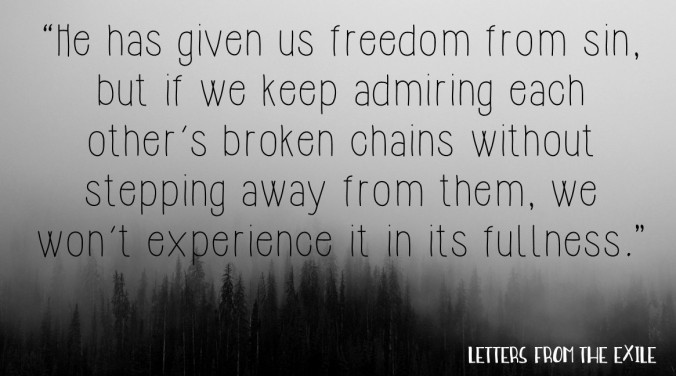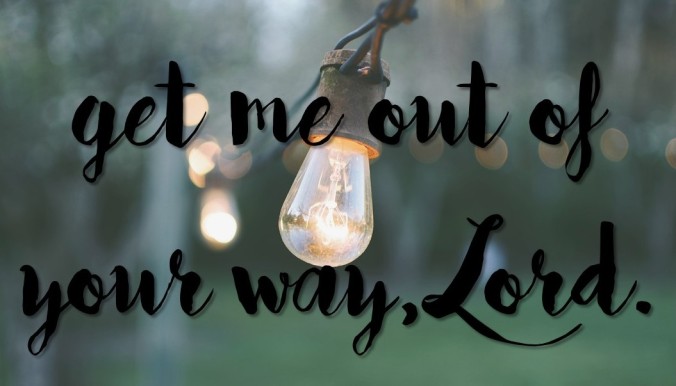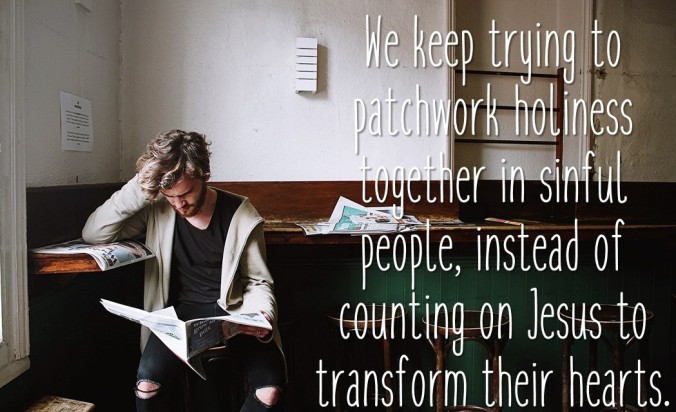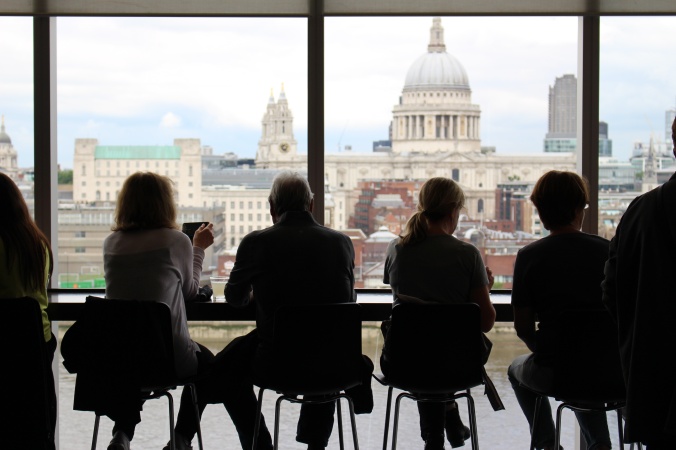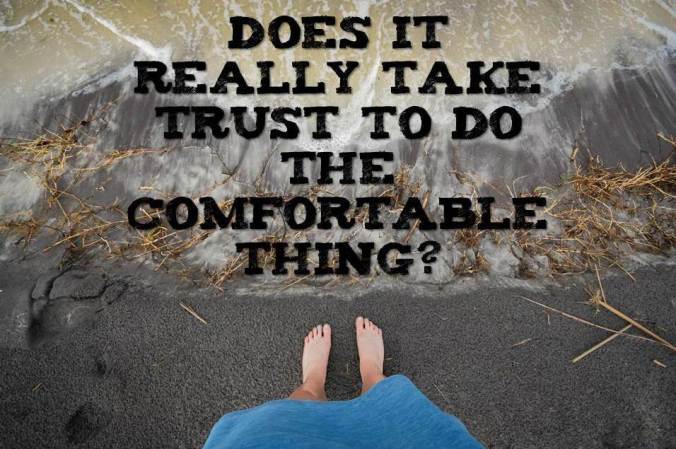
It hasn’t really sunk in yet that this time, I’ll be leaving for good.
So far, it’s ending the way every semester ends – dorm rooms littered with haphazardly packed bags and dirty paper towels. A few long nights, piles of books from the library, and a couple stressful exams.
And now it’s all over and I’m wandering a mostly empty campus.
Even that isn’t too unusual for me: debaters are used to being on campus when everyone else is on break.
But as graduation nears, it’s slowly dawning on me that this time, I won’t be coming back.
When I think back to four years ago, it’s hard to remember who that person was.
I remember my parents tearfully dropping me off at the main academic building for my first debate meeting. I remember slowly climbing the stairs to the entrance, terrified of basically everything.
Only a few weeks later, I would be spending long nights at that same building and walking back to my dorm full of dreams and goals for my debate career and my life.
I didn’t know how much I would change. I didn’t know how much I needed to.
I complained about debate a lot this year, unfortunately. I wrote about it a lot, too – about how it turned me into this overly competitive, success-obsessed person; about how it pitted me against my friends; and about how I was constantly frustrated with the way our community treats people.
I don’t think I was wrong about all of those things, but as I prepare to leave my undergrad behind me, I’m realizing just how much I owe to debate.
I was competitive before debate, and I’ll be competitive after debate. I still struggle with the idol of success, and I’m still learning how to love people. I can’t blame debate for my own sins or the sins of others.
I don’t give it enough credit for what it has meant to me or how it has shaped me into the person I’m still in the process of becoming.
The truth is, I have no idea who I would be without the Liberty debate team.
I bounded onto Liberty’s campus a naïve and mostly ignorant kid (not that too much has changed there). I thought I knew all the answers. My beliefs, whether religious or political, had never been questioned. I could have spent the rest of my four years at Liberty constantly having my own presuppositions “confirmed” by an endless sea of nodding heads.
I could have ended up right where my freshman year Five Year Plan intended me to be, and more importantly, I could have ended up right where I started: with a distant and undernourished relationship with Jesus.
It’s entirely possible that all of the changes that occurred over the last four years would have happened without the debate team, because God was going to work in my heart with or without the mechanism He happened to use.
But the one He chose was so incredibly perfect. (Shocker there.)
Here are some of the ways debate changed me and the things it taught me.
Debate forced me to confront the deepest and most crushing sin in my heart: the idol I had made of success and the affirmation of others.
It had always been there, but I’d never had a name for it. Debate put a shiny trophy on the pride I was harboring and a crushing “L” on the insecurity I was concealing.
It took an amorphous concept and made it concrete.
I spent a good chunk of time blaming debate for my sin. It made me feel better to shift the focus from my sinful heart to the activity that had brought it to light.
It’s amazing how much easier it is to find something to blame than it is to fall on your knees in repentance.
But as I’ve watched the same patterns repeat themselves in other settings, I’m realizing that it’s not debate’s fault. I actually owe a lot to debate – I could have spent my whole life never learning the words to describe this sin. I could have suffered from its crushing hold on my life without ever understanding what was holding me captive. Debate took something silently driving my life and exposed how loudly it was calling the shots.
Debate taught me to think well.
It taught me to question. It taught me to consider the benefits of positions I couldn’t imagine agreeing with. It gave me friends who were incredibly intelligent and kind….and disagreed with practically every fundamental belief I held. It taught me that very little is as cut and dry as I had been led to believe. It taught me that “because that’s what I’ve always thought” is a terrible reason to think anything.
As a freshman, this whole process terrified me. The idea of constantly having my beliefs challenged was freaky enough to scare off quite a few of us. Perhaps the greatest lesson debate gave me was overcoming that fear. And I’m eternally grateful that debate squashed my fear of disagreement and often refused to give me the affirmation of my own ideas I wanted to hear.
Debate taught me to love well.
Loving any large group of diverse and different people is hard. Add in an argumentative spirit in all of them and it’s even harder. Add in competition? You’re toast.
Debate forced me to spend basically all my time with a group of people who fought for fun. We spent long hours on bumpy buses and empty airports together. We saw each other at our absolute worst – when we were stressed, hungry, and exhausted.
You don’t always get to pick the people He asks you to love. Our little ragtag group was not exactly together by choice. We all loved debate, but that didn’t mean we would have chosen to do it with this exact group of people. There were days all I could do was ask Him to give me the compassion I couldn’t muster on my own.
There were days when my only prayer was “Lord, break my heart for what breaks yours, because these people make me want to break something else.”
Debate made it so I couldn’t just pick up and leave people that were frustrating or difficult. I couldn’t just live with a different person or hang out with a new group of friends. I had to learn to love people that He so clearly was asking me to love. (And for the record, I’m sure they also had to learn to love me.)
There were times when this was easy – late night ice cream, playing Catch Phrase for hours on the bus, seafood in Boston and pictures by the Gold Gate bridge.
But there were also times that were hard and dreams that were crushed and feelings that were hurt. And those lessons were the most valuable part.
This all is pretty specific to me. Not many people “get” debate – how it works or why it matters to us so much.
But everyone has something like it – something you’re passionate about, something that you dedicate a significant amount of your time and energy to, and something that has changed you.
None of this was really about debate, it was simply the mechanism He used to teach me what I needed to learn.
So at the end of this season, I’m celebrating the weird and wonderful things He has used to mold me into the person He wants me to be.
I don’t know what He’ll use during this next chapter of my life, but I have confidence that He will continue working in me. Because if He can use the unusual things He has been using, He can work in anything.
So I guess if there’s one thing I’ve learned the most, it’s to look for the odd and unexpected things He is using in my life, because they’re always there.

